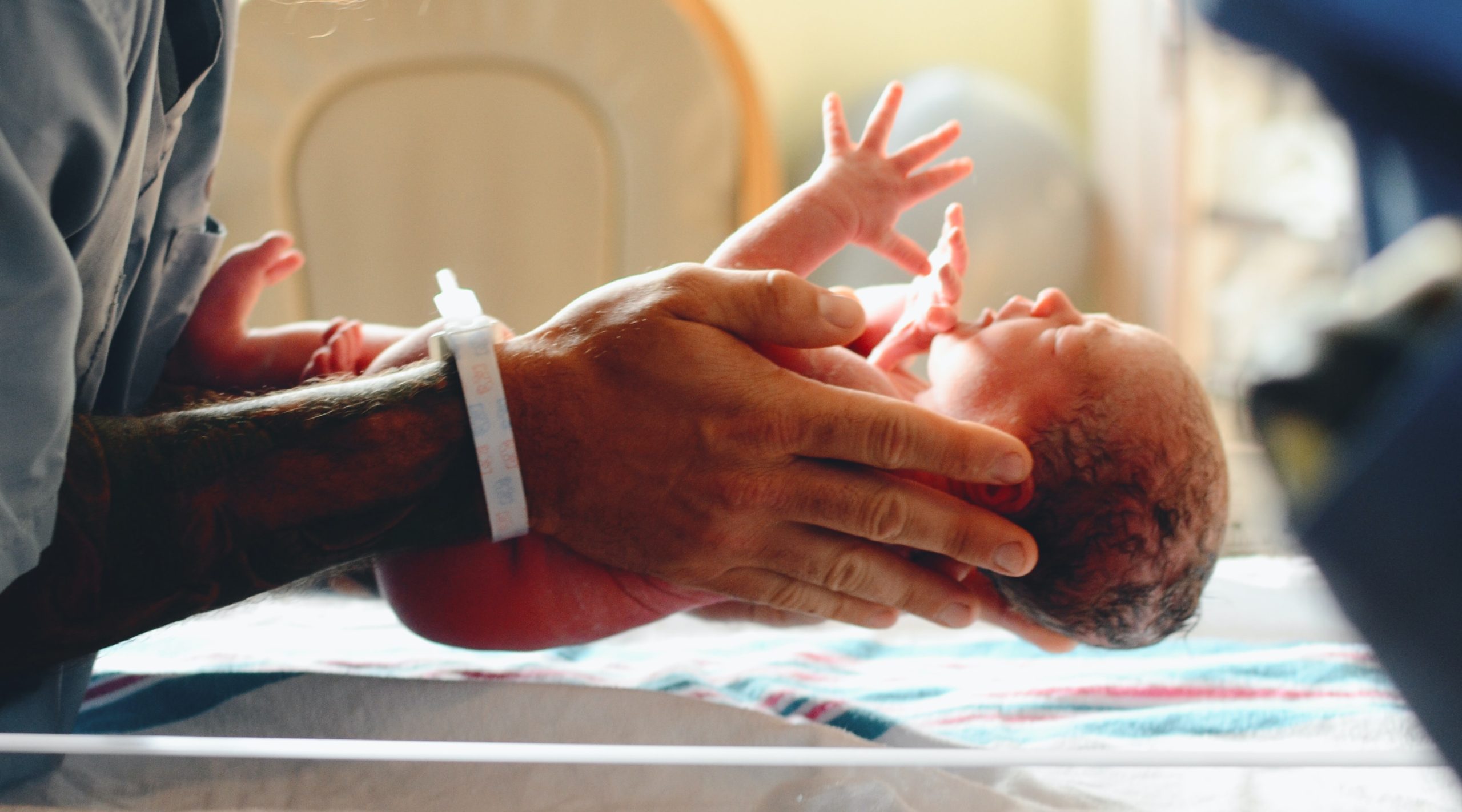The birth of a child is a joyous, life-changing experience, but the period following may be stressful as parents quickly adapt to a different life. Mothers may experience physical strains following pregnancy and birth while challenges of looking after a child can affect both parents.
Furthermore, job protection, career uncertainty, and financial worries add to stress, especially if no or limited parental leave is provided. Consequently, up to 20% of mothers and 10% of fathers worldwide experience mental health disorders in the period following birth of their child.
Mounting evidence
Evidence supporting the general and societal health benefits of parental leave is now mounting with Amy Heshmati, doctoral student at Global Public Health, Karolinska Institutet (seated at Public Health Sciences, Stockholm University), and colleagues analyzing evidence from 45 studies across the world in a comprehensive, first-of-its-kind review of the topic. They demonstrate the importance of paid parental leave for improved mental health, especially for mothers.
Heshmati noted in an email, “This systematic review is part of a larger overall project on the unintended health consequences of Swedish parental leave policy (ParLeHealth) based at Stockholm University and led by Associate Professor Sol Juárez.
“The project is founded in the ‘Health in All Policies’ framework, which considers the health implications of policies across all areas, including family and social policies,” she continued. “We wanted to see if parental leave schemes, which do not target health, could affect societal health […] this review could assist policymakers developing their own parental leave schemes worldwide, and in the long term promote the well being of families.”
Policies vary worldwide, with the USA and Papua New Guinea the only countries to not have mandatory paid leave. Parents in these situations depend on their employer to offer paid leave, but this is often limited, especially in low-income jobs. Even in countries where paid leave is provided, the duration is short, or the leave is not allocated equally between parents. Poor mental health is one consequence, but inadequate parental leave has greater societal effects as parents struggle to achieve a work-life balance.
But are improved mental health outcomes dependent on the type of leave, whether it is paid, and how long it is?
The evidence suggests that yes, more generous parental leave policies protect against poor mental health in mothers, especially for those with at least 2-3 months of a paid leave period after childbirth. Unsurprisingly for mothers, longer leave carries less risk of poor mental health, such as depression and burnout. For fathers, the data is not as clear but suggests paid leave or incentives to use leave for longer is associated with better mental health.
The study also reveals mental health benefits for mothers extend beyond the immediate period after childbirth and into later life, highlighting the long-lasting effects of policies that support parents.
Parental leave and work-life balance
The researchers also emphasize the importance and benefits of parental leave in achieving work-life balance. “Productivity within the workplace depends on people’s health, so it is hard to imagine a sustainably productive society which does not allow employees to reach a proper work-family balance,” Juárez said. “This is important for employees but also for employers since the latter should also facilitate the conditions for their employees to use parental leave.”
“Since our review shows that the protective effects of parental leave can last for decades, a healthy working culture equipped with adequate parental leave is essential both in the short and long-term,” added Heshmati.
Despite incorporating global studies, the authors acknowledge the limitation of only including scientific papers written in English in their review, so these findings may not represent low- and middle-income countries. However, the study still equips us with a deeper understanding of the types of parental leave that are most beneficial, it is now up to policy makers to use this data to create or reform policies for the benefit of parents and society.
“The two studies published in The Lancet Public Health add to a growing body of evidence suggesting that paid leave policies can support mental health among new parents, but also highlight the importance of policy design in realizing these benefits,” wrote Julia Goodman, a researcher not affiliated with the current studies. She acknowledges that Heshmati’s research and another study on the same topic exposed limitations of parental leave policies, raising important questions about the duration of leave needed for better parental mental health.
Reference: Heshmati, A, et al., The effect of parental leave on parents’ mental health: a systematic review, Lancet Public Health (2023). DOI: 10.1016/S2468-2667(22)00311-5; Goodman, J, K, et al., Paid parental leave and mental health: the importance of equitable policy design, Lancet Public Health (2023). DOI: 10.1016/S2468-2667(22)00319-X

















